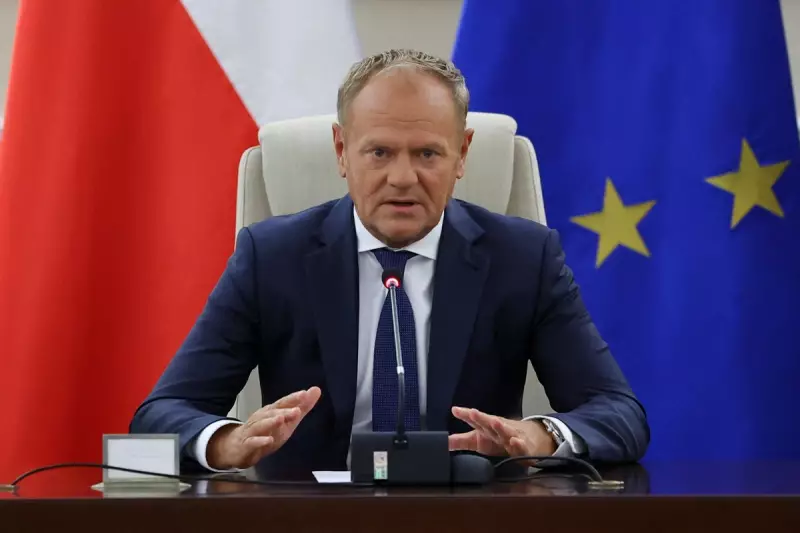
A significant and dangerous escalation in the Ukraine conflict has occurred, directly threatening NATO territory. A Russian-made drone struck inside Poland, a full member of the North Atlantic Treaty Organization, bringing the war chillingly close to triggering the alliance's foundational collective defence clause.
The incident, which caused a powerful explosion near the city of Zamosc, just miles from the Ukrainian border, represents a direct challenge to the West. While initial reports suggest the strike may have been a result of errant Ukrainian air defence fire rather than a deliberate Russian attack, the geopolitical ramifications are profound and immediate.
The Article 5 Precipice
At the heart of NATO is Article 5, the principle that an attack on one member is an attack on all. This incident, regardless of intent, forces the alliance to stare into the abyss of what that commitment truly means. Western capitals are now engaged in frantic behind-the-scenes diplomacy, walking a tightrope between a robust response and avoiding a catastrophic escalation into a direct NATO-Russia war.
The Polish government's response will be crucial. Warsaw must decide whether to invoke Article 4, which calls for consultations among allies when a member's territorial integrity is threatened, a move that would significantly raise the diplomatic stakes.
A Pattern of Provocation
This is not an isolated event but part of a broader pattern of Russian aggression testing NATO's resolve. From buzzing allied jets to cyber-attacks on critical infrastructure, the Kremlin has consistently probed for weaknesses. This drone strike, however, represents the most tangible physical breach of NATO's eastern flank since the war began.
The location of the strike is particularly symbolic. Zamosc lies on a historical invasion route between Russia and Western Europe, a fact not lost on military strategists in Moscow and Brussels alike.
The Delicate Art of De-escalation
For now, Western leaders are emphasising caution and investigation. The priority is to establish definitive facts about the origin and intent behind the strike without jumping to conclusions that could box the alliance into a military response. This measured approach, while prudent, does little to assuage the fears of eastern flank nations who feel increasingly vulnerable.
The coming days will be a critical test of NATO's unity and strategic resolve. The alliance must send an unambiguous message to Moscow that its borders are inviolable, while simultaneously avoiding steps that could spiral into a wider European war. The delicate balance between deterrence and de-escalation has never been more precarious.





